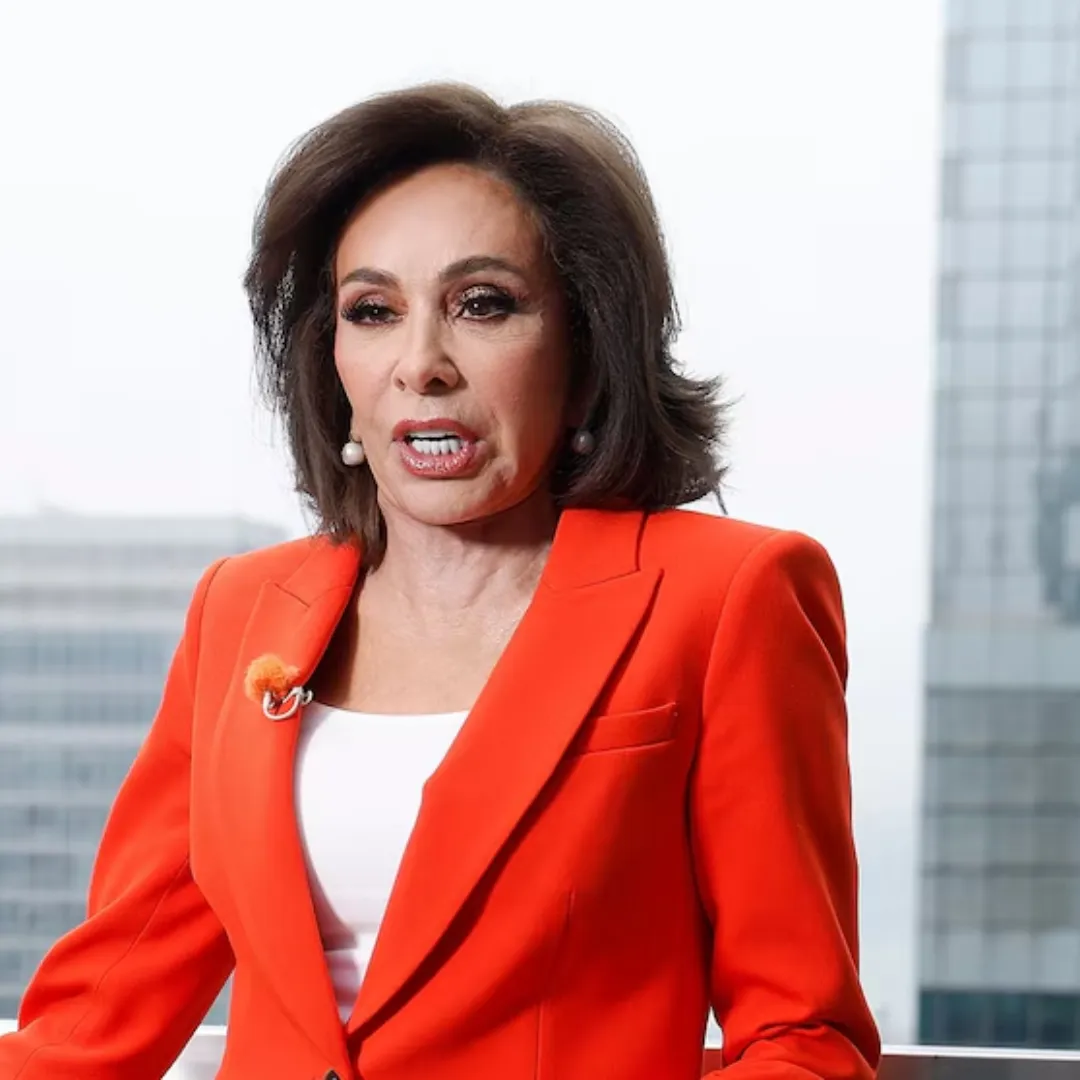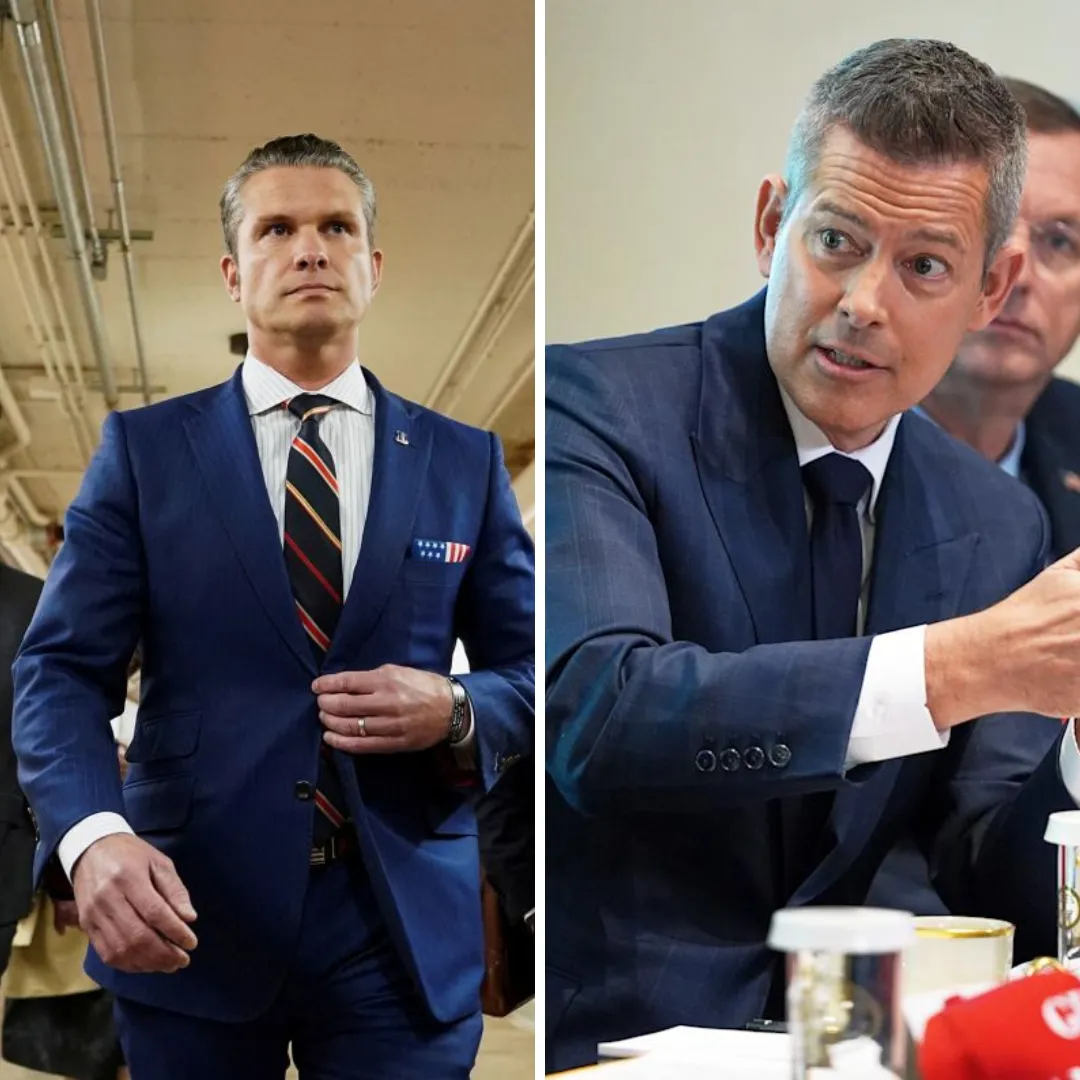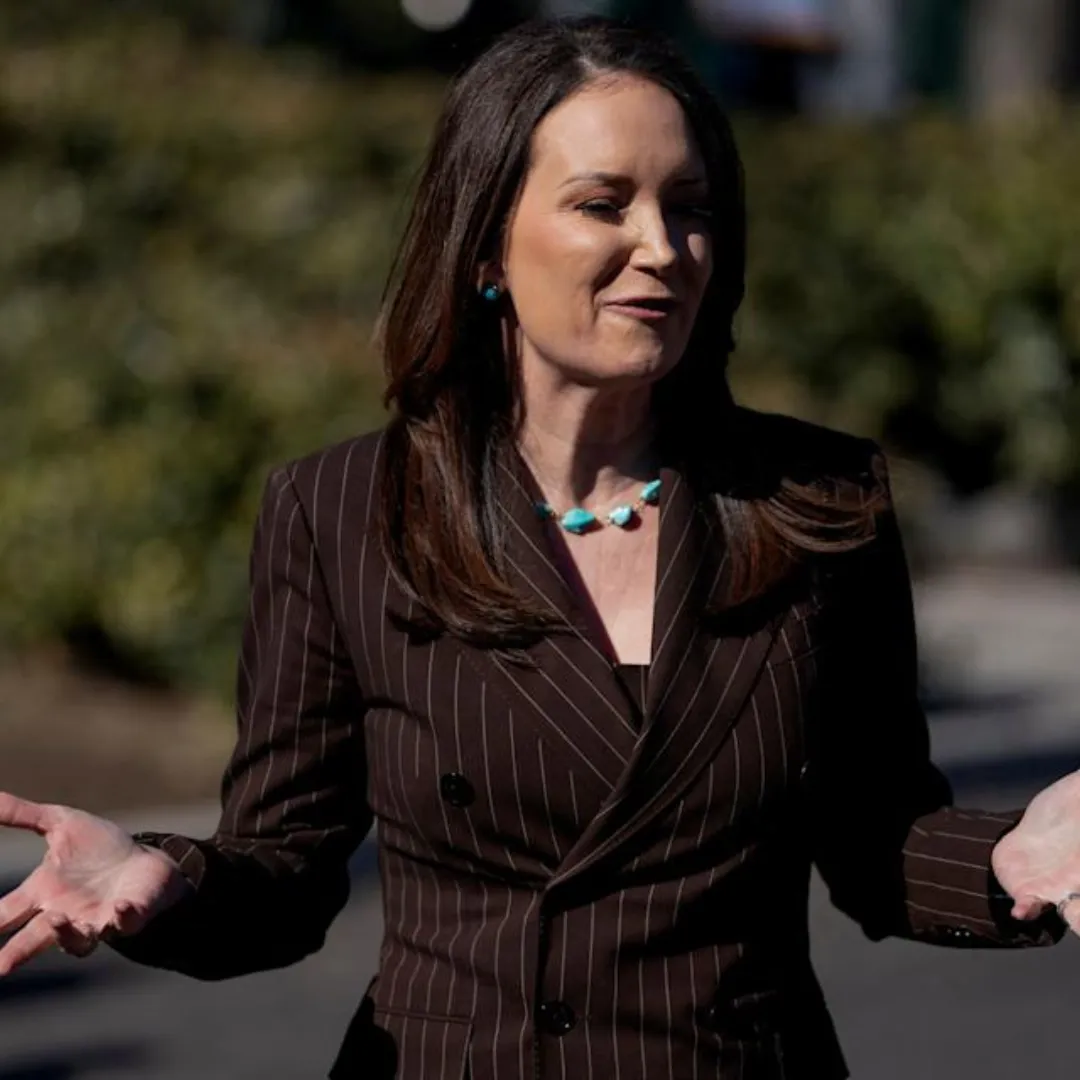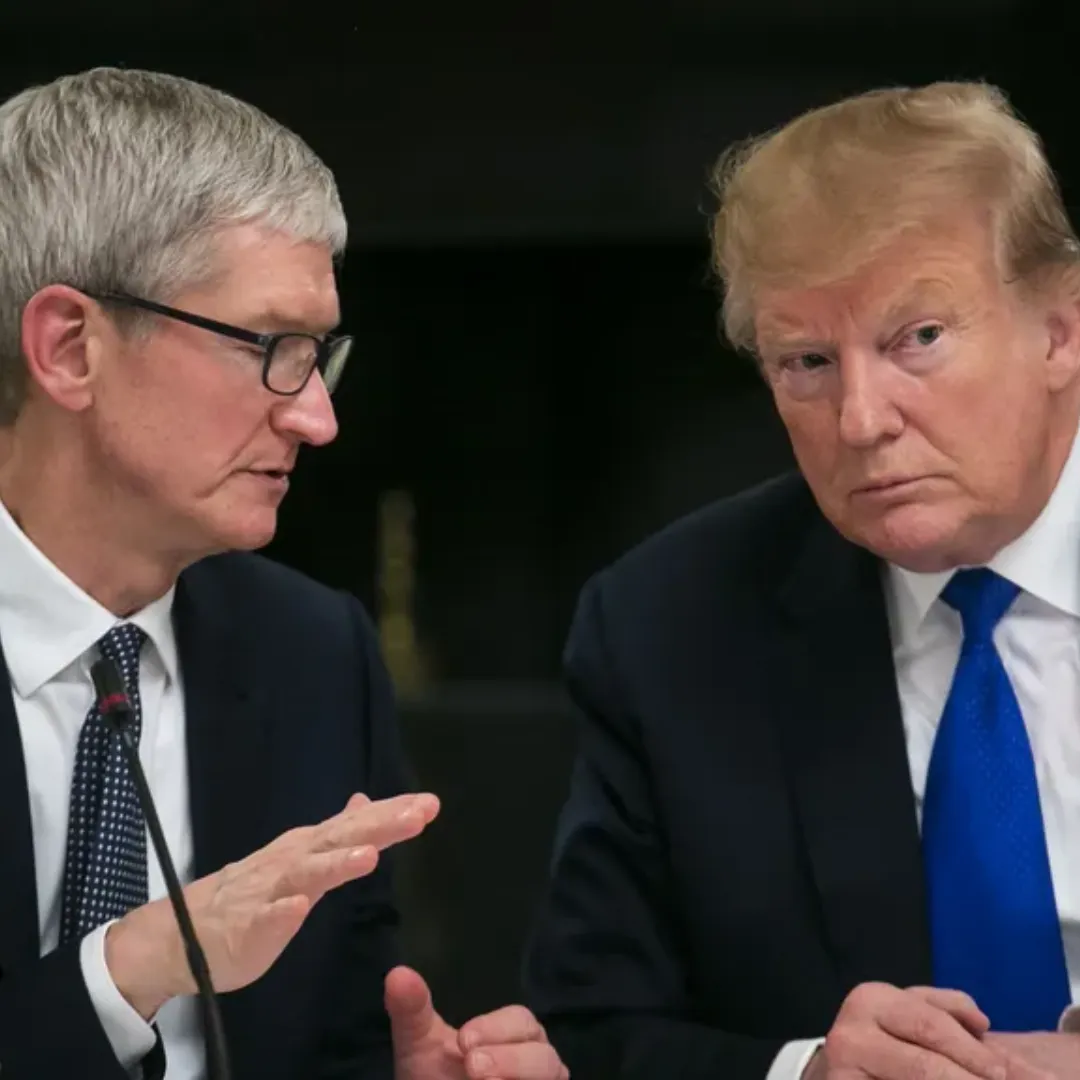
Senate Minority Leader Chuck Schumer unleashed a fierce rebuke of President Donald Trump on Thursday, accusing him of compromising national security and sending a dangerous message to criminals worldwide after reports emerged that 17 family members of top Sinaloa Cartel leaders were allowed into the United States last week as part of a covert deal with the Trump administration.
Speaking from the Senate floor, Schumer did not hold back, saying the decision effectively rolled out a red carpet for cartel kingpins and their families while contradicting everything the administration claims to stand for on border security and crime.
“If you’re related to El Chapo, Donald Trump says, ‘Come right in. Welcome to America.’ He’ll roll out the red carpet,” Schumer said with scorn, referring to Joaquín “El Chapo” Guzmán, the infamous drug lord currently imprisoned in the United States.
“What message does this send to other drug lords, criminals, and terrorists?”
Schumer’s outrage followed confirmation from Mexican Security Secretary Omar García Harfuch, who said in a radio interview Tuesday that relatives of Ovidio Guzmán López — one of El Chapo’s sons and an active leader of a powerful Sinaloa Cartel faction — had entered the United States under what he described as a negotiated agreement between the Trump administration and Guzmán López’s legal team.
The news ignited a firestorm across Washington as lawmakers scrambled to understand the scope and implications of the arrangement.
According to García Harfuch, it was “evident” to Mexican officials that the family’s entry into the United States was part of a broader legal negotiation tied to Guzmán López’s potential plea deal.
The cartel figure, who was extradited from Mexico to the United States in 2023 on a slew of drug trafficking and conspiracy charges, has reportedly been considering pleading guilty in order to avoid trial — a deal that would carry not only legal benefits but apparent perks for his extended family.
Schumer seized on the confirmation and immediately turned it into a political and moral indictment of Trump’s border agenda. “President Trump says he’s tough on crime.
He says he’s building walls to keep dangerous people out. But when it comes to drug lords and their families, suddenly the door swings open,” Schumer said. “It’s hypocrisy, it’s corruption, and it’s betrayal of everything the American people were promised.”
The New York senator went further, blasting the Republican silence around the reports. “Where are our Republican colleagues on this?” he asked.
“Where is the outrage from the other side of the aisle, who say they want to prevent criminals from crossing our borders? Why is it that when the criminals come bearing influence and leverage, the GOP just looks the other way?”
The implications of the deal go far beyond politics. The Sinaloa Cartel remains one of the most powerful drug trafficking organizations in the world, linked to thousands of overdose deaths across the United States through its fentanyl operations.
The idea that its leaders — or their family members — could be granted any type of safe passage or protection within U.S. borders has sparked concern among law enforcement officials, national security analysts, and victims’ advocates.
Trump, who has made fighting Mexican cartels a centerpiece of his administration’s national security narrative, has not commented directly on the reported arrangement.
But officials close to the Department of Justice have not denied the reports and have offered no clarification as to how or why the family members of a known cartel leader were allowed to enter the country.

The Justice Department has also declined to confirm whether a plea deal has officially been reached with Guzmán López, but sources say negotiations have been ongoing for months.
The lack of transparency has further fueled anger on Capitol Hill, where even some moderate Republicans are privately expressing concern that the administration may have traded border security credibility for a deal with a criminal empire.
Legal experts say such negotiations are not unheard of in high-profile criminal cases, but rarely do they involve the quiet relocation of nearly 20 individuals tied to one of the world’s most violent and wealthy criminal syndicates.
“Even if this was part of a legal strategy, the optics are devastating,” one former federal prosecutor noted.
“You have a president who built his brand on being tough on crime, and now it looks like he cut a deal that benefits the family of a man accused of flooding American communities with deadly narcotics. That’s not a good look — politically or ethically.”
For Schumer and other Democrats, the scandal is more than a matter of optics. It cuts to the heart of Trump’s political identity — a leader who campaigned on law and order, zero tolerance, and securing the southern border at all costs.
“When working families and asylum seekers show up, Trump wants to deport them. But if you’re the son of El Chapo? He lets your whole family in,” Schumer said.
The senator’s comments come amid a broader reckoning over the Trump administration’s handling of organized crime, immigration policy, and criminal justice.

With the 2026 midterms on the horizon, Democrats see an opening to challenge Trump’s self-styled image as a ruthless defender of American sovereignty.
Schumer’s speech may be just the beginning of a larger push to expose what Democrats call contradictions in Trump’s policies — especially as it relates to powerful foreign actors who may be afforded quiet leniency in exchange for cooperation or negotiation.
For now, the White House remains tight-lipped. No official statement has been released explaining the rationale behind the decision to allow the 17 family members to enter the U.S., and no briefing has been scheduled to address growing bipartisan concern.
Advocacy groups, meanwhile, are beginning to demand answers, especially those focused on victims of cartel violence and drug trafficking.
As the story continues to unfold, the political consequences may only deepen. If more details emerge confirming that the Trump administration facilitated or approved the entry of known cartel relatives into the U.S. as part of a plea bargain, the backlash could grow beyond partisan lines.
Schumer’s outrage, once seen as a political attack, may soon be echoed by others who see the arrangement as a betrayal not just of policy — but of principle.



